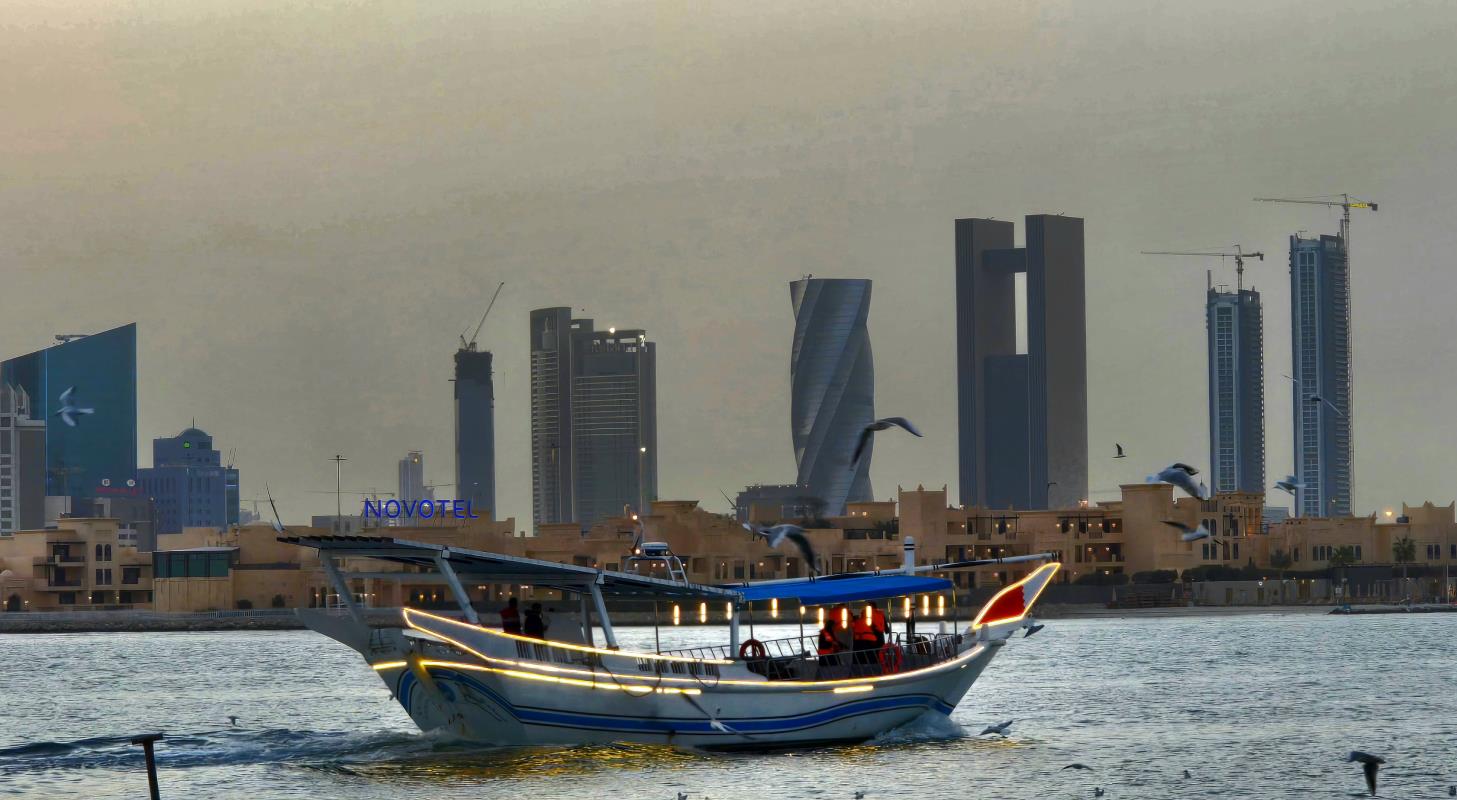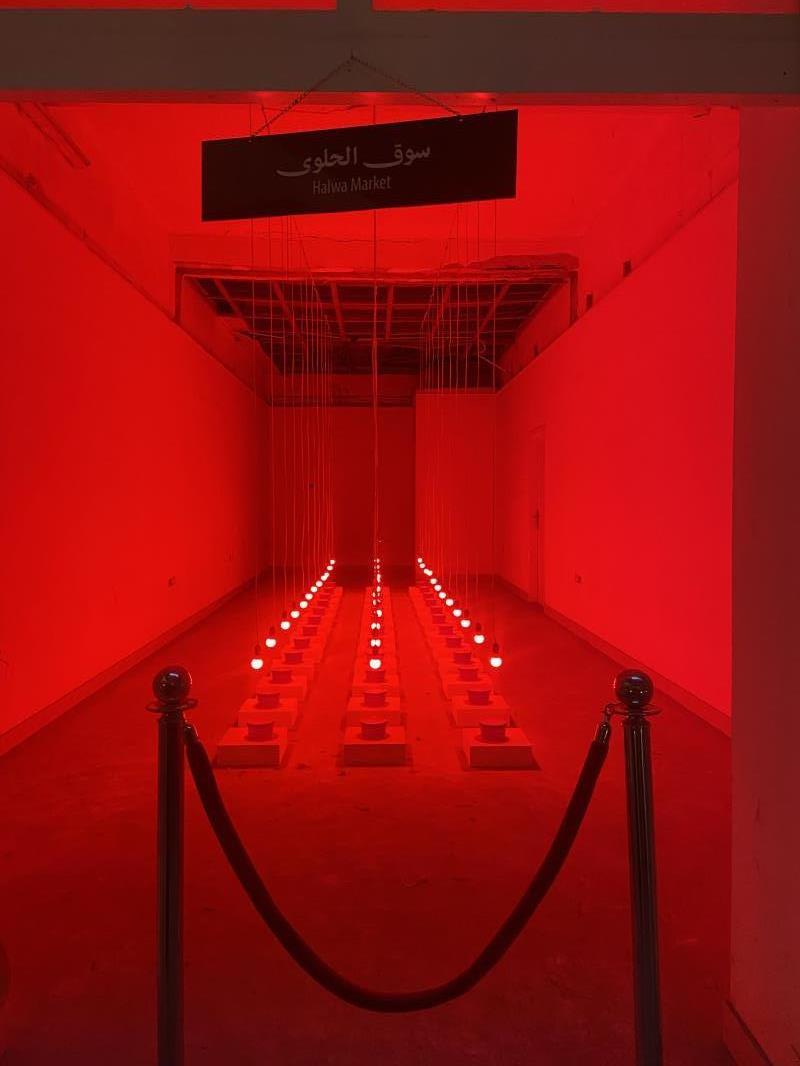
PARENTS have expressed frustration over private schools agreeing to cut fees by just five to 10 per cent, writes the GDN' Reem Al Daaysi.
They said the decision was unfair, given that the government was paying their utility bills and wages for Bahraini staff and that children were studying remotely.
Hundreds of parents had signed a number of petitions urging the Education Ministry to force schools to slash fees.
The GDN reported last week that many schools had agreed to cut fees by five to 10pc while also agreeing to delay payments of instalments due for the coming term of the 2020-2021 school year until September for parents who wish to do so.
However, many parents deemed this decision ‘ridiculous and a move to silence parents’.
A 43-year-old Bahraini mother of three children in different private schools told the GDN her daughter, a student at a private British school, was locked out of the online classes three weeks before the second term was over because the full fees for the third term three had not been paid.
“I was furious because we were just waiting for an official decision on fee reduction,” she said on condition of anonymity.
“Several students were cut off from online classes because the fees hadn’t been paid.
“They should slash the fees by 65pc because the government is already paying the utility and municipality fees and the salaries for Bahrainis so their running cost shouldn’t be more than 30pc of what we are paying.
“The schools want to make money; they aren’t even considering that this is a world pandemic. We are not trying to rob them yet but we also don’t want to get robbed either.”
A Bahraini father of three said the 10pc cut in fees made no sense since the schools had already increased the fees by 10pc last year.
He said the schools were making huge profits because they were benefiting from the government’s initiatives while charging parents the full fees.
“We are disappointed because the cut in fees is very minimal and unjustified; the educational institutions are turning into profit-making entities and not focused on the noble mission of educating children.”
Schools have also agreed to explore options for insolvent parents, either to reschedule their pending fees or exempt them from the amounts for unused services, such as transportation, food and activities.
Schools have the option of refunding parents who paid in advance for April, May and June, or deduct dues from their fees during the coming academic year.
Meanwhile, the Indian School Bahrain, which has more than 12,000 students, has commenced a case-by-case fees concession programme with parents submitting their applications to have their situation reviewed to determine eligibility.
According to honorary chairman Prince S Natarajan, fee concessions have already been offered to students whose families are facing financial difficulties while it has also decided to exempt transportation fees from April onwards.
“This is a community school and we are working with a low fee rate but we are already giving fee concessions to almost a 1,000 students,” he told the GDN.
Ibn Khuldoon National School (IKNS) has followed the ministry’s recommendation to reduce fees by five to 10pc.
According to president Dr Kamal Abdel-Nour, the calculation was based on the Bahraini staff salaries being paid in addition to the water and electricity bills with the amount being returned to parents as a discount.
“As a non-profit school our goal is not to make a profit and the money given by the government will be transferred to the parents,” he told the GDN.
“We had additional sources of income such as the cafeteria and school trips. Since these services have stopped we stopped taking rent and we have returned the money from school trips to the parents.
“The school will definitely co-operate with all parents facing financial troubles caused by the current situation such as providing an option for tuition fees to be paid in instalments or delay them until next year.”
“Our school has a great number of Bahraini staff so the governmental support for us is better than the support for other schools that have fewer Bahrainis working for them – so they may not have the ability to reach the 10pc.”
Meanwhile, University College of Bahrain general studies unit head Shemily John has stated that the workload on teachers to achieve remote-learning has increased three-fold and urged a reconsideration on requests to cut fees.
“To prepare PowerPoint slides, documents, worksheets, video lessons, quizzes, online assignments and all of these is not as easy as anyone thinks,” she said.
“There are enormous efforts beforehand to get prepared and present in front of an online class and preparing lessons, worksheets and quizzes which they are new to requires a lot of patience, time and dedication even for experts.”











































































